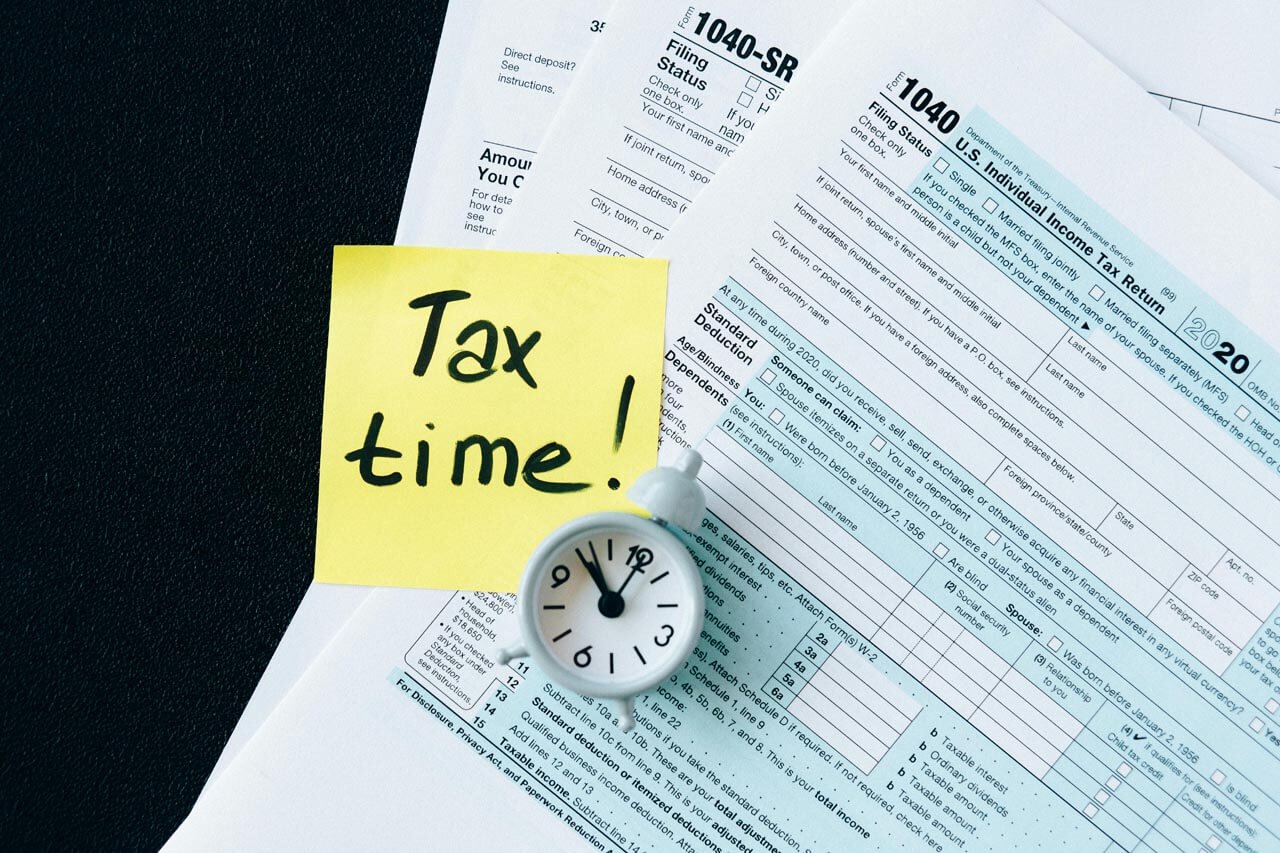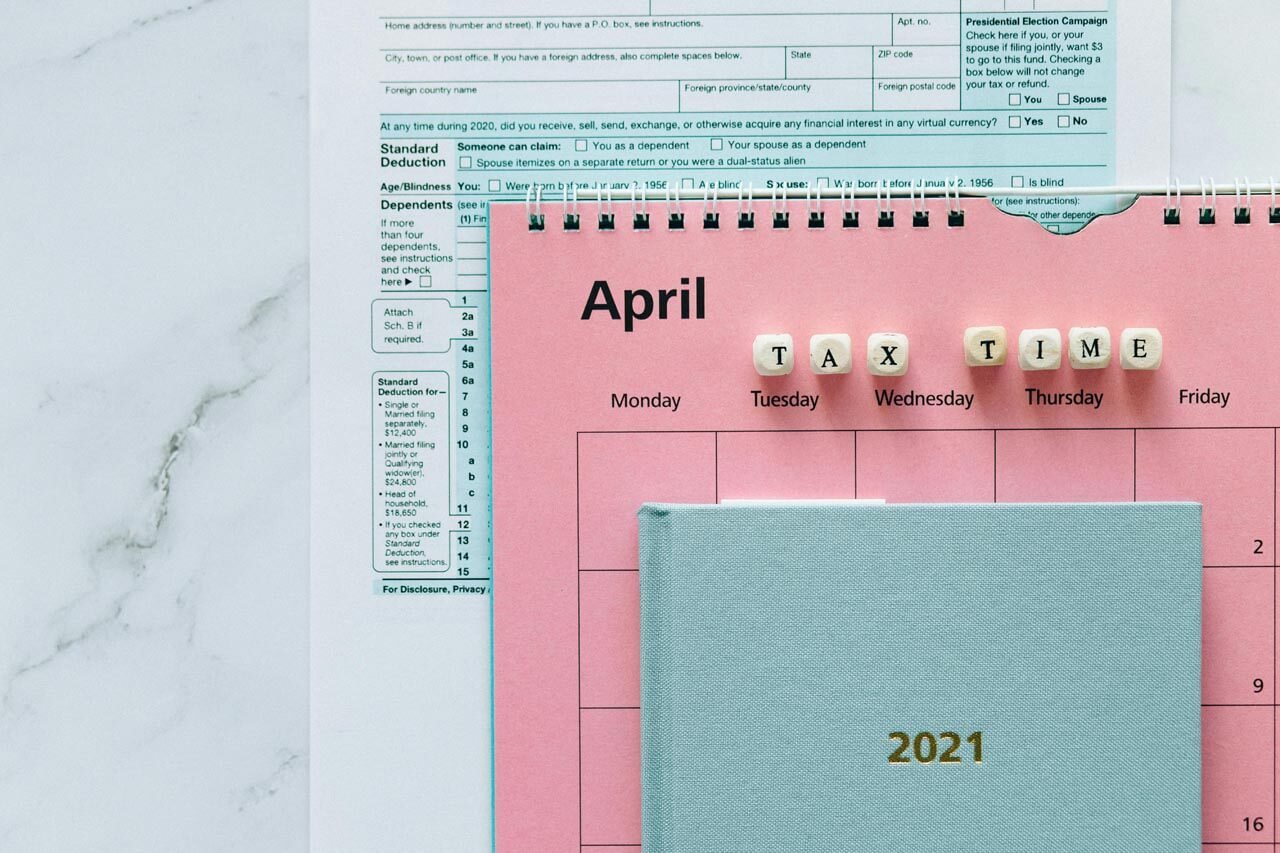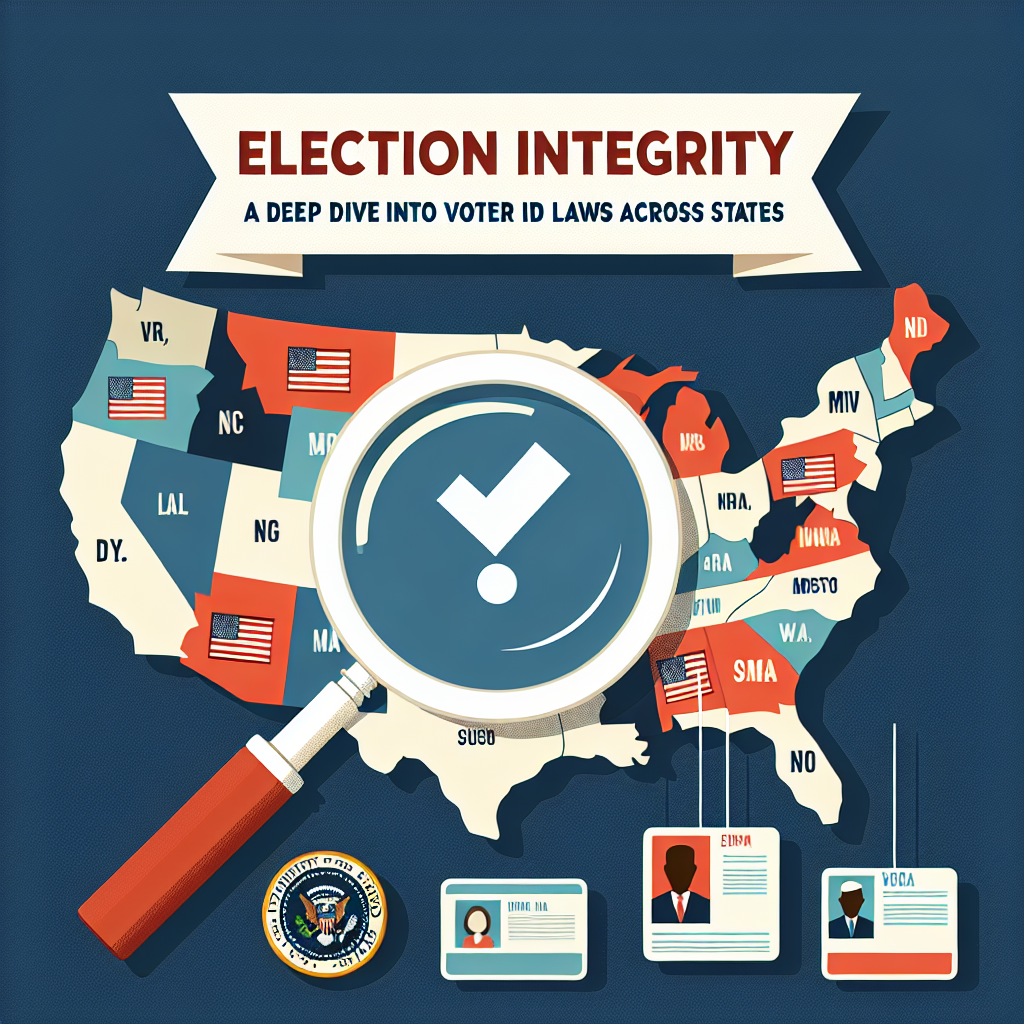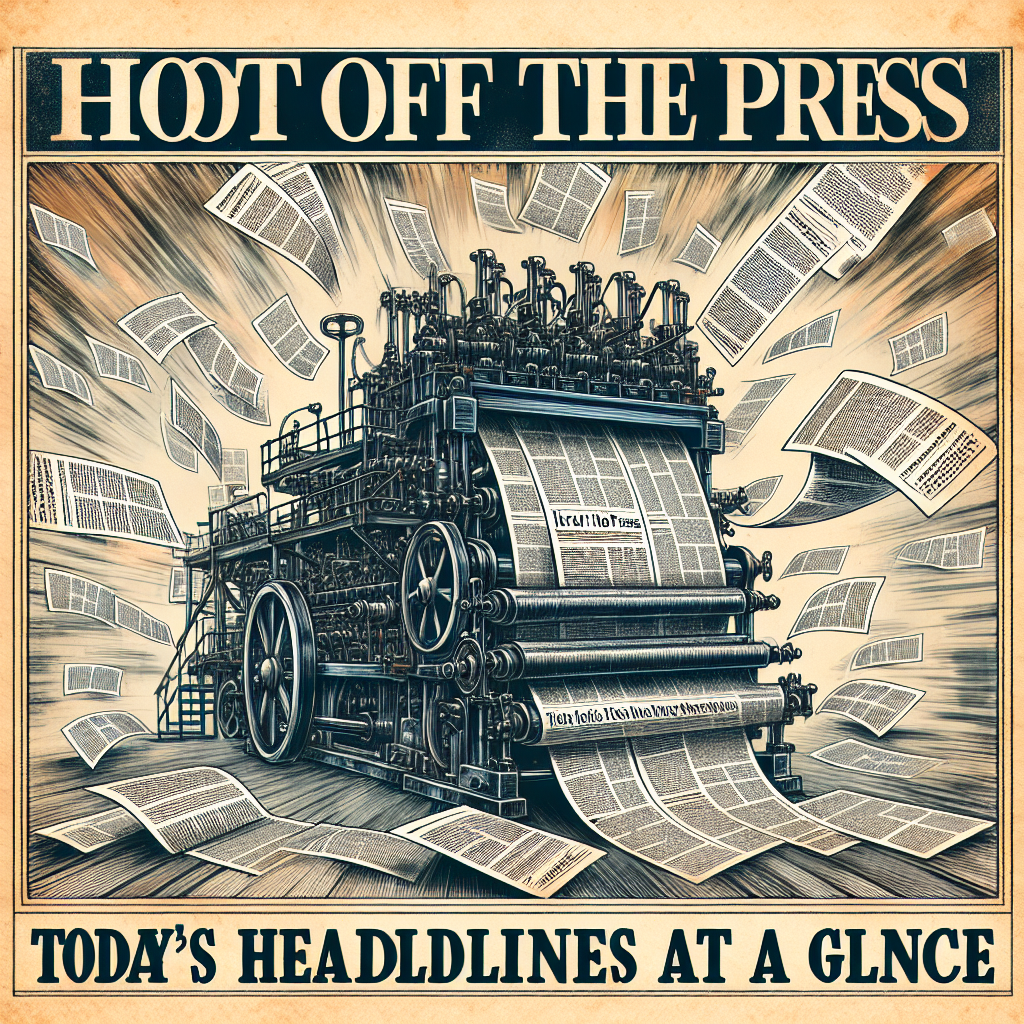The Role of Social Media in Modern Political Campaigns

Table of Contents
- The Evolution of Political Campaigning
- H1: From Traditional to Digital
- H2: The Impact of Social Media on Voter Engagement
- H3: An Amplified Voice for Voters
- H3: Real-Time Feedback and Interaction
- H2: Strategic Use of Social Media by Campaigns
- H3: Targeted Advertising
- H3: Grassroots Mobilization
- H2: Challenges and Ethical Considerations
- H3: Misinformation and Disinformation
- H3: Oversight and Regulation
- H2: Future Trends in Political Campaigning
- H3: Integration of New Technologies
- H3: The Role of Influencers
- Conclusion
Social media has fundamentally reshaped the landscape of political campaigns over the last decade. Its ascendance has not only changed how candidates communicate with voters, but it has also transformed voter engagement and the political discourse itself. In this article, we delve into the multifaceted role of social media in modern political campaigns, its implications for democracy, and strategies that candidates and political organizations can harness effectively.
The Evolution of Political Campaigning
H1: From Traditional to Digital
Traditionally, political campaigns relied on face-to-face interactions, televised advertisements, and print media to convey messages. However, the advent of social media has introduced unprecedented ways for candidates to engage with voters. Platforms like Facebook, Twitter, Instagram, and TikTok have become essential tools for disseminating campaign messages, fundraising, and mobilizing supporters.
With the rapid technological advancements, campaigns have shifted from simply broadcasting messages to engaging in complex conversations. This transition has been characterized by a move towards real-time communication, which allows candidates to respond to the current political climate swiftly.
H2: The Impact of Social Media on Voter Engagement
H3: An Amplified Voice for Voters
Social media offers an amplified platform for voters to express their opinions, share experiences, and challenge the status quo. According to a Pew Research Center report, 69% of adults in the U.S. use social media, making it one of the primary avenues for political discourse. This widespread use has resulted in greater participation, especially among younger demographics, who are more inclined to utilize social media for political engagement.
H3: Real-Time Feedback and Interaction
Candidates can receive immediate feedback on their policies or statements through social media. This two-way communication fosters transparency and accountability. A well-timed response can sway public opinion, while a misstep can lead to significant backlash. For example, during the 2020 presidential election, Twitter served as a battleground for policy discussions, with candidates frequently addressing questions and criticisms directly.
H2: Strategic Use of Social Media by Campaigns
H3: Targeted Advertising
One of the most powerful tools of social media is its ability to deliver targeted advertisements. Campaigns can tailor their messages based on demographics, location, and online behavior. This fine-tuned targeting allows candidates to reach specific groups, ensuring that their messages resonate with different segments of the electorate. According to a report by eMarketer, social media advertising budgets for political campaigns have surged, reflecting the platforms’ growing efficacy in this area.
H3: Grassroots Mobilization
Social media enables grassroots movements to gain traction and organize supporters rapidly. By utilizing hashtags, viral content, and community-building strategies, campaigns can harness the power of collective action. For instance, movements like Black Lives Matter have shown how social media can galvanize political engagement and influence even traditional campaigns.
H2: Challenges and Ethical Considerations
H3: Misinformation and Disinformation
The rise of social media has also brought challenges, particularly concerning the spread of misinformation. False narratives can easily gain traction, which can distort voters’ perceptions and influence election outcomes. Research from Harvard Kennedy School highlights the need for effective strategies to combat misinformation, emphasizing the responsibility of platforms and users alike.
H3: Oversight and Regulation
With great power comes great responsibility. The ethical implications surrounding the use of data and societal influence necessitate discussions about regulation. Questions regarding privacy, data security, and the ethical treatment of political information are more pertinent than ever.
H2: Future Trends in Political Campaigning
H3: Integration of New Technologies
Looking ahead, emerging technologies such as artificial intelligence (AI) and virtual reality (VR) are likely to play a significant role in future political campaigns. AI can enhance targeted advertising efforts and optimize engagement strategies, while VR can create immersive experiences that allow voters to experience political messages more vividly.
H3: The Role of Influencers
Influencer marketing has also infiltrated the political arena, with candidates collaborating with social media influencers to reach specific demographics. As the lines between traditional campaigning and influencer culture blur, understanding how to effectively engage with these partnerships will be crucial for future campaigns.
Conclusion
Social media is not merely a tool for communication; it has become an essential element of modern political campaigns. From grassroots mobilization to targeted advertising, its role is pivotal in shaping the discourse and engagement between candidates and voters. While challenges like misinformation persist, the strategic use of social media also holds the potential to foster a more informed and engaged electorate. As we look to the future, adapting to new technological advancements and ethical considerations will be imperative for all political actors.
For more insights on digital marketing strategies that are relevant to political campaigning, consider exploring our articles on social media strategies and digital engagement techniques at https://serached.click/.
This article aims to provide a comprehensive overview of the role of social media in political campaigns while adhering to SEO best practices. By including reliable external sources and integrating relevant internal links, the piece is designed for optimal discoverability and reader engagement.
Latest Posts
Lorem ipsum dolor sit amet, consectetur adipiscing elit. Ut elit tellus, luctus nec ullamcorper mattis, pulvinar dapibus leo.



















No Comments